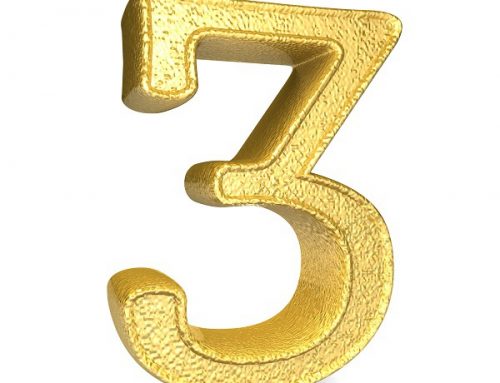Trapeze artists have a safety net. So do wills. In estate planning, the safety net we use in a will is the “residuary clause.”
What is a Residuary Clause?
In your Will, you make specific gifts or bequests of your property to individuals (family members and friends). You will usually make specific bequests like: “I leave my car to Bob.” Or, “I leave my diamond bracelet to Sally.” But it is very likely that you will not list every single item of property that you own, and you may even overlook or forget some property so that it never makes it into your will. In probate law, whatever property remains after all claims have been satisfied and after all specific gifts and bequests are made is referred to as the “residuary estate.”
A “Residuary Clause” in a Will gives the right to all the leftover or forgotten property (i.e. the residuary estate) to whoever you name as the beneficiary(s) to it. Failed or void gifts also go into the residuary estate. So, for example, if Sally dies and then you die, (and you did not update your Will) your gift of the diamond bracelet to Sally will fail and will go into the residuary estate. Which means it would be given to your residuary beneficiaries.
Another great thing about a residuary clause is that it also captures property that is acquired after your will was written, and therefore not specifically mentioned in your will.
Residuary clauses are important estate planning tools. That is why we always stress that you should have your estate planning documents prepared by experienced and knowledgeable estate planning counsel.
We Can Answer All Your Questions.
If you want to know more about wills or residuary clauses, call us. We are experienced trusts and estates counsel in Arizona. Our offices are in beautiful Sedona, but we serve all of Arizona. We offer free consultations, and we can answer all your questions and help you. Call us at 928-282-1483, connect with us on Twitter or send us an e-mail.






